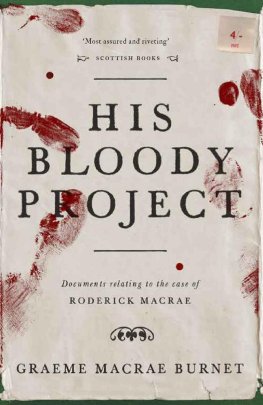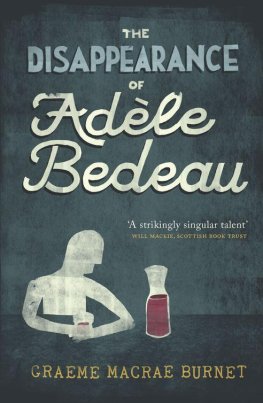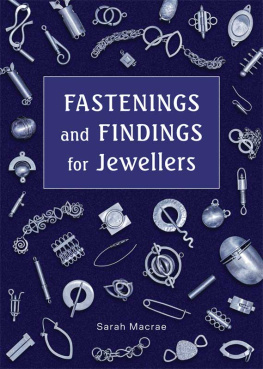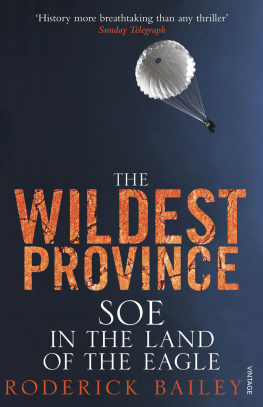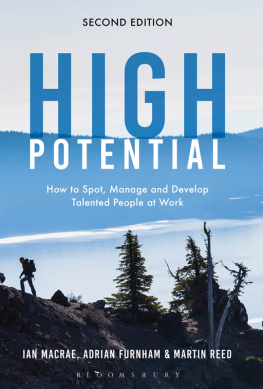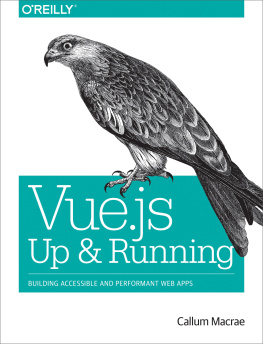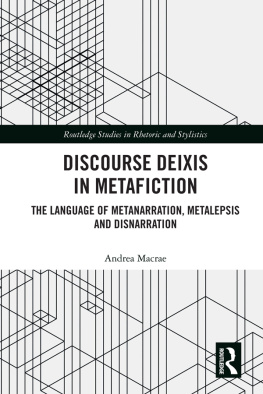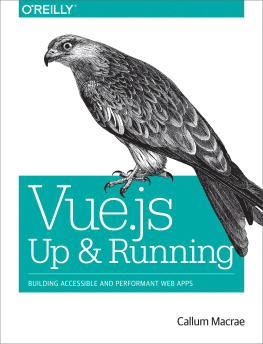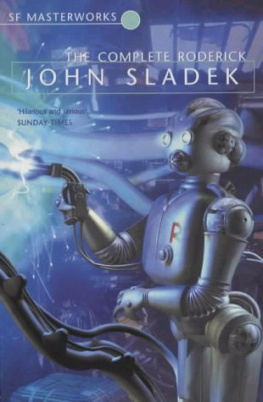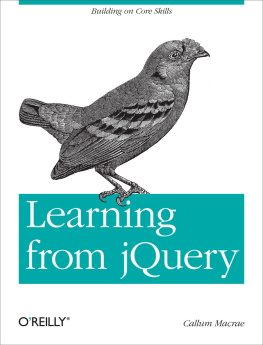Graeme Burnet - His Bloody Project
Here you can read online Graeme Burnet - His Bloody Project full text of the book (entire story) in english for free. Download pdf and epub, get meaning, cover and reviews about this ebook. year: 2015, publisher: Contraband, genre: Prose. Description of the work, (preface) as well as reviews are available. Best literature library LitArk.com created for fans of good reading and offers a wide selection of genres:
Romance novel
Science fiction
Adventure
Detective
Science
History
Home and family
Prose
Art
Politics
Computer
Non-fiction
Religion
Business
Children
Humor
Choose a favorite category and find really read worthwhile books. Enjoy immersion in the world of imagination, feel the emotions of the characters or learn something new for yourself, make an fascinating discovery.
- Book:His Bloody Project
- Author:
- Publisher:Contraband
- Genre:
- Year:2015
- Rating:3 / 5
- Favourites:Add to favourites
- Your mark:
- 60
- 1
- 2
- 3
- 4
- 5
His Bloody Project: summary, description and annotation
We offer to read an annotation, description, summary or preface (depends on what the author of the book "His Bloody Project" wrote himself). If you haven't found the necessary information about the book — write in the comments, we will try to find it.
His Bloody Project — read online for free the complete book (whole text) full work
Below is the text of the book, divided by pages. System saving the place of the last page read, allows you to conveniently read the book "His Bloody Project" online for free, without having to search again every time where you left off. Put a bookmark, and you can go to the page where you finished reading at any time.
Font size:
Interval:
Bookmark:
Graeme Macrae Burnet
His Bloody Project
The quern performs best when
the grindstone has been pitted.
Highland proverbPreface
I am writing this at the behest of my advocate, Mr Andrew Sinclair, who since my incarceration here in Inverness has treated me with a degree of civility I in no way deserve. My life has been short and of little consequence, and I have no wish to absolve myself of responsibility for the deeds which I have lately committed. It is thus for no other reason than to repay my advocates kindness towards me that I commit these words to paper.
So begins the memoir of Roderick Macrae, a seventeen-year-old crofter, indicted on the charge of three brutal murders carried out in his native village of Culduie in Ross-shire on the morning of the 10th of August 1869.
It is not my intention to unduly detain the reader, but a few prefatory remarks may provide a little context to the material collected here. Those readers who prefer to proceed directly to the documents themselves are of course free to do so.
In the spring of 2014, I embarked on a project to find out a little about my grandfather, Donald Tramp Macrae, who was born in 1890 in Applecross, two or three miles north of Culduie. It was in the course of my research at the Highland Archive Centre in Inverness that I came across some newspaper clippings describing the trial of Roderick Macrae, and with the assistance of Anne OHanlon, the archivist there, discovered the manuscript which comprises the largest part of this volume.
By any measure, Roderick Macraes memoir is a remarkable document. It was written in the gaol at Inverness Castle approximately between the 17th of August and the 5th of September 1869, while Roderick awaited trial. It was the existence of the memoir, rather than the murders themselves, which turned the case into something of a cause clbre. The memoir or at least the most sensational parts of it was later reprinted in countless chapbooks or penny dreadfuls and provoked great controversy.
Many, especially among the literati of Edinburgh, doubted its authenticity. Rodericks account revived memories of the Ossian scandal of the late eighteenth century in which James Macpherson claimed to have discovered and translated the great epic of Gaelic poetry. Ossian quickly assumed the status of a classic of European literature, but was later found to have been a fake. For Campbell Balfour, writing in the Edinburgh Review, it was quite inconceivable that a semi-literate peasant could produce such a sustained and eloquent piece of writing The work is a hoax and those who extol this most pitiless murderer as some kind of noble savage will in time be left red-faced.* For others, both the murders and the memoir attested to the terrible barbarism which continues to thrive in the northern regions of our country [and which] all the efforts of our dedicated presbytery and the great improvements of the past decades have failed to eradicate.
* Campbell Balfour, Our Centurys Ossian, Edinburgh Review, October 1869, No. CCLXVI.
This is a reference to the Highland Clearances.
Editorial, the Scotsman, 17 September 1869.
For yet others, however, the events described in the memoir provided evidence of the injustice of the feudal conditions under which the Highland crofter continued to toil. While taking care not to condone his actions, John Murdoch, who was later to establish the radical newspaper The Highlander, saw in Roderick Macrae a figure driven to the edge of his reason or beyond by the cruel system which make slaves of men who wish only to eke an honest living from a borrowed patch of land.
John Murdoch, What we might learn from this case, Inverness Courier, 14 September 1869.
As to the authenticity of the document, it is not possible, a century and a half later, to provide a definitive answer. It is without doubt remarkable that anyone so young could produce such an eloquent account. However, the idea that Roderick Macrae was a semi-literate peasant is a product of the prejudice which continued to exist towards the north in the affluent cities of the Central Belt. The curriculum of the nearby Lochcarron primary school from the 1860s records that children were instructed in Latin, Greek and science. Roderick could have expected a similar education at his school in Camusterrach and his memoir attests both to this and to the fact that he was an uncommonly gifted pupil. The fact that Roderick could have written the memoir does not, of course, prove that he did. For this we have the evidence of the psychiatrist, James Bruce Thomson, whose own memoir attests to having seen the document in Rodericks cell. Sceptics could (and did) aver that Thomson never actually saw Roderick write anything, and it must be admitted that, were the memoir to be submitted to a modern trial, the chain of evidence could not be wholly verified. The idea that the memoir was actually written by another hand (the chief suspect being Rodericks advocate, Andrew Sinclair) cannot entirely be dismissed, but it requires the convoluted thinking of the most outr conspiracy theorist to believe this to be the case. Then there is the content of the document itself, which contains such a wealth of detail that it is scarcely plausible that it was not written by a native of Culduie. Furthermore, Rodericks account of the events leading up to the murders did, with some minor exceptions, largely tally with the evidence of other witnesses at the trial. For these reasons, and having examined the manuscript first-hand, I have no doubts as to its authenticity.
In addition to Roderick Macraes account, this volume also includes the police statements of various residents of Culduie; the post-mortem reports on the victims; and, perhaps most fascinatingly of all, an extract from J. Bruce Thomsons memoir, Travels in the Border-Lands of Lunacy, in which he recounts his examination of Roderick Macrae and a visit he made to Culduie in the company of Andrew Sinclair. Thomson was the Resident Surgeon in charge of the General Prison for Scotland at Perth, where those deemed unfit to stand trial on grounds on insanity were housed. Mr Thomson put the opportunity this position afforded him to good use, publishing two influential articles The Hereditary Nature of Crime and The Psychology of Criminals in the Journal of Mental Science. He was well-versed in the new theory of evolution and the still nascent discipline of Criminal Anthropology, and while some of the views expressed might be unpalatable to the modern reader, it is worth bearing in mind the context in which they were written, and that they represent a genuine effort to move beyond a theological view of criminality and reach a better understanding of why certain individuals come to commit violent crimes.
Finally, I have included an account of the trial, drawn from contemporary newspaper coverage and the book A Complete Report of the Trial of Roderick John Macrae, published by William Kay of Edinburgh in October 1869.
It is not possible, almost a century and a half later, to know the truth of the events recounted in this volume. The accounts presented here contain various discrepancies, contradictions and omissions, but taken together they form a tapestry of one of the most fascinating cases in Scottish legal history. Naturally I have come to my own view of the case, but I shall leave it to the reader to reach his or her own conclusions.
A note on the text
As far as I have been able to ascertain, this is the first time Roderick Macraes memoir has been published in its entirety. Despite the passage of time and the fact that for some years it was not stored with any great care, the manuscript is in remarkably good condition. It was written on loose sheets and at some later point bound with leather strings, this being evidenced by the fact that the text on the inner edge of the pages is sometimes obscured by the binding. The handwriting is admirably clear with only the most occasional crossings-out and false starts. In preparing the document for publication, I strived at all times to be true to the sense of the manuscript. At no point did I attempt to improve the text or correct awkward turns of phrase or syntax. Such interventions would, I think, only serve to cast doubt on the authenticity of the work. What is presented is, as far as possible, the work of Roderick Macrae. Some of the vocabulary used may be unfamiliar to some readers, but rather than overburden the text with footnotes, I have opted to include a short glossary at the end of this section. It also worth pointing out that throughout the memoir individuals real names and nicknames are used interchangeably Lachlan Mackenzie, for example, is generally referred to as Lachlan Broad. The use of nicknames remains common in the Scottish Highlands at least among the older generation probably as a way of distinguishing between different branches of the most widespread family names. Nicknames are commonly based on professions or eccentricities, but they can also be passed on from one generation to the next to the point where the origin of the name becomes a mystery even to its holder.
Font size:
Interval:
Bookmark:
Similar books «His Bloody Project»
Look at similar books to His Bloody Project. We have selected literature similar in name and meaning in the hope of providing readers with more options to find new, interesting, not yet read works.
Discussion, reviews of the book His Bloody Project and just readers' own opinions. Leave your comments, write what you think about the work, its meaning or the main characters. Specify what exactly you liked and what you didn't like, and why you think so.

